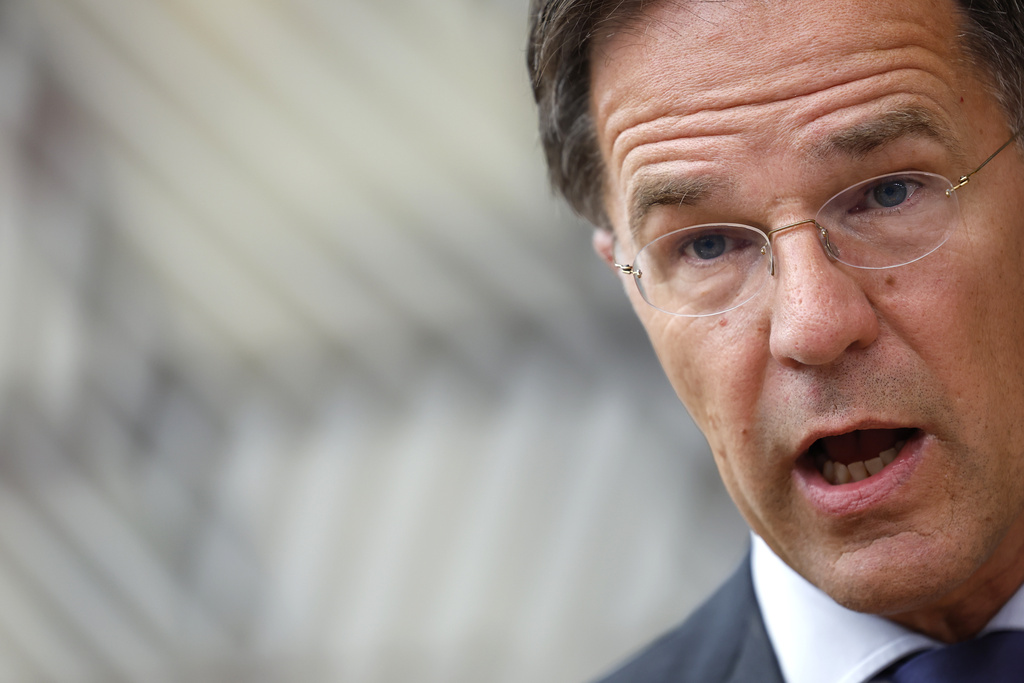NATO has decided that Dutch Prime Minister Mark Rutte will become its next secretary-general, succeeding Jens Stoltenberg, who has held the position since 2014. Rutte is set to assume the new role on Oct. 1.
Not everybody is happy about the move.
“This is a poor choice,” Witold Waszczykowski, former Polish foreign minister and former MEP, told conservative news outlet Niezalezna.pl. He criticized Rutte for his strong support of cooperation with Russia, including backing the construction of the Nord Stream pipeline, and accused him of playing a part in Russia’s financial preparations for its aggression against Ukraine.
Waszczykowski also highlighted Rutte’s controversial role within the EU in 2020. As the leader of the so-called “Frugal Four,” Rutte opposed budget increases, which led to the European Commission gaining additional powers to impose taxes and borrow funds to support economies post-Covid. This move was seen as a significant step towards federalization.
Additionally, a new mechanism tied to Covid-19 funds was created, introducing a rule-of-law mechanism that halted payments to Poland, according to Waszczykowski.
During Rutte’s tenure, the Netherlands also failed to meet NATO’s defense spending requirement of 2 percent of GDP and resisted Ukraine’s integration with the EU.
“Rutte will likely prioritize the interests of Western Europe over the security concerns of NATO’s eastern flank,” Waszczykowski concluded, expressing a longstanding concern that 25 years after the first former Warsaw Pact countries joined NATO, the alliance is still not led by a politician from Eastern Europe.






